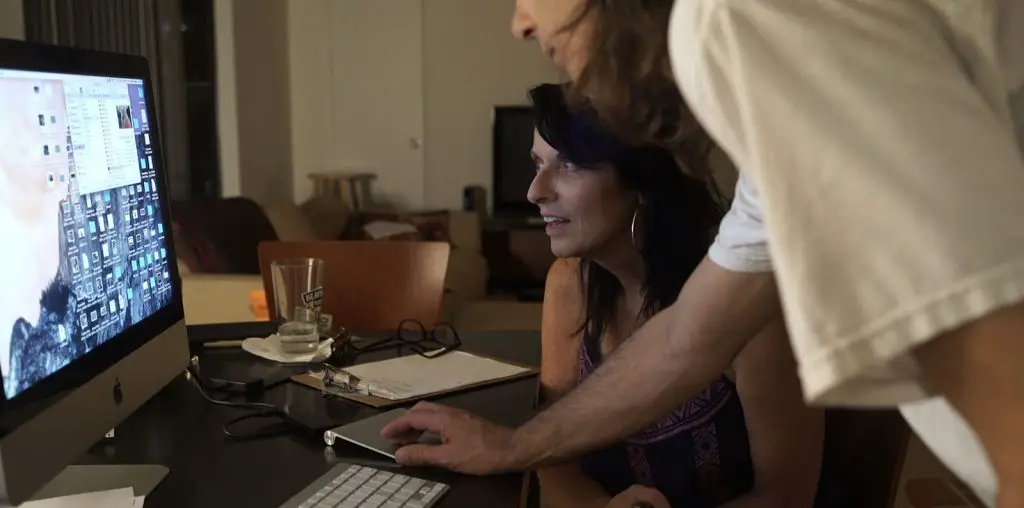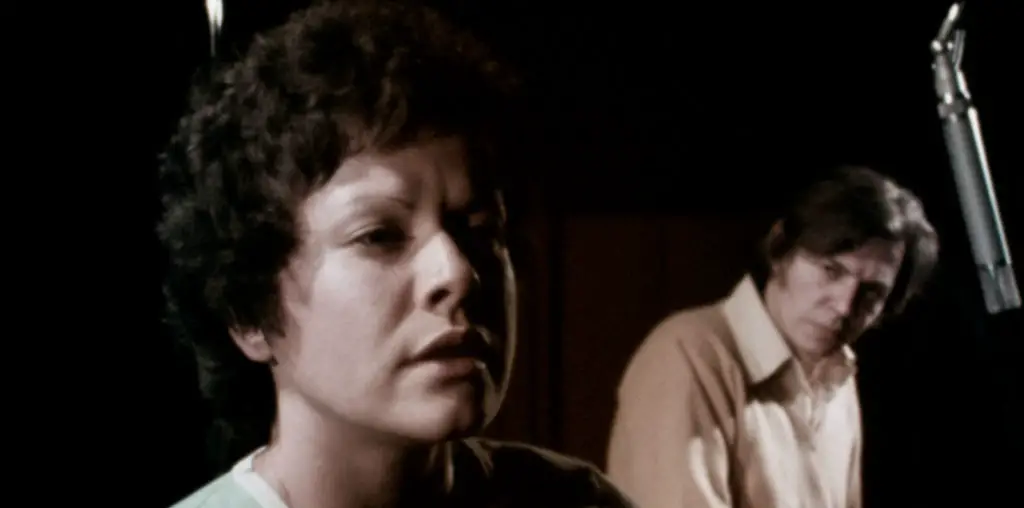
“Sight Unseen” is Film Threat’s showcase for new movies withheld from pre-release scrutiny. Studios are increasingly in the habit these days of not screening their movies for critics (because daring to point out that Rob Schneider isn’t funny or that PG-13 horror isn’t scary is somehow damaging to the industry, I guess). Sometimes all media are excluded, sometimes just us online schlubs, and often a late screening the Thursday night before opening is all we get. The end result is the same: reviews aren’t available when the film opens, meaning “cold opening” movies get a free pass. As a result, we’ve been forced to offer a more…speculative account. Enjoy!
Cinematic depictions of the Christian Messiah are easy to find, whether overt (“The Greatest Story Ever Told,” “The Passion of the Christ”) or allegorical (“Being There,” “The Matrix”). For the latter, science fiction has provided the most fertile ground, mostly because it’s easy to throw an audience off the scent when you clutter up the screen with nanobots and alien warships.
However, in releasing “Crank: High Voltage” the week after Easter, directors Mark Neveldine and Brian Taylor have inadvertantly shown their hand. In this movie, the sequel to 2006’s mildly successful “Crank,” former assassin Chev Chelios (Jason Statham) isn’t merely man with a mission to exact revenge, he has literally returned from the dead, like Jesus Christ. And like our alleged lord and savior, he is now pursuing his divinely inspired mission to bring salvation – in the form of extreme violence – to the desperate people of the world.
The parallels are clear for anyone to see: you’ve got Amy Smart returning as “Eve,” a character cleverly named to provide a connection between the Old and New Testaments and maybe, we can hope, a way for Jews and Christians to reconcile their differences. There’s a Mary Magdalene character; “Ria” (Bai Ling), who serves as Chelios’ last temptation, as it were. Finally there’s the name “Chelios” itself, which is also the name of a Mexican restaurant in Oklahoma where the image of the Virgin Mary was once observed on a tortilla.
Chelios has returned (or risen) to pursue the Chinese gangster who stole his heart. The organ is clearly meant to represent the “sacred heart” of Catholic legend. But this is a new millennium, demanding an updated take on Christ’s ministry. Chelios is no mere preacher, mouthing ineffective platitudes and resisting earthly temptations, instead he gives the Word physical form and converts reluctant disciples by punching through their skulls and having sex with them in a decidedly unforgiving fashion.
At the movie’s end, the martyred Chelios is stripped of his earthly raiment and ascends into Heaven to sit at the right hand of God. Christ, we learn, was just too touchy-feely for our modern Supreme Being, who’s now in the habit of bestowing favor upon whichever football teams prays harder and granting divine approval to blowing up civilians in Iraq and Afghanistan. When last we see them, God and Chelios are pulling an Eiffel Tower on Ria, while the entire East Asian landmass burns with holy fire. Fitting punishment for defiling our new Jesus.

